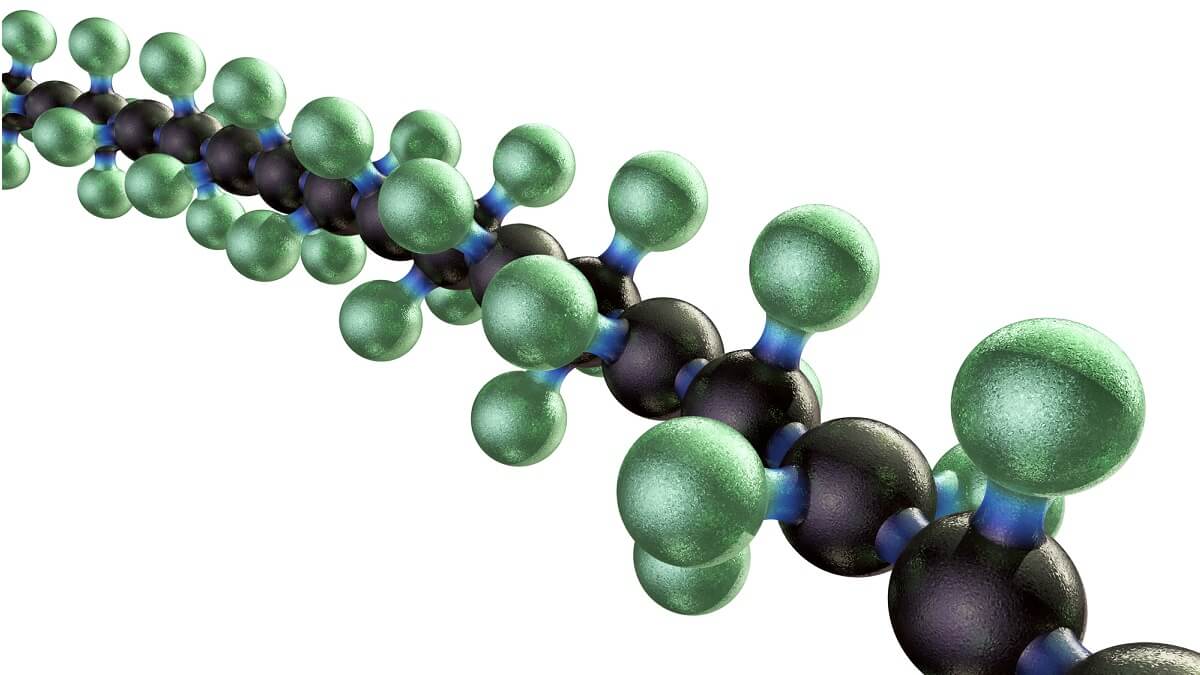Reusing Polymers: Advertising a Circular Economic Climate
Reusing Polymers: Advertising a Circular Economic Climate
Blog Article
Discovering the Varied Applications and Benefits of Polymers in Different Industries
Polymers, with their varied variety of buildings and functionalities, have become vital in numerous markets, each enjoying special advantages from their application. Polymers. From improving security and performance in the automobile industry to revolutionizing clinical tools in the medical care market, polymers play a critical role. Furthermore, their environment-friendly nature is changing the landscape of sustainability practices. As we explore the midsts of polymers in electronic devices, we discover cutting-edge innovations, while their architectural stability transforms the world of building and framework. The pervasive impact of polymers throughout sectors is a testimony to their versatility and flexibility, shaping the future of many markets.
Automotive Sector Applications
Polymers play a pivotal function in enhancing the efficiency and sturdiness of numerous parts within the automobile field. These flexible products are extensively used in the production of different components, varying from indoor components to under-the-hood applications. One famous usage of polymers in the vehicle sector is in the production of light-weight parts. By changing standard metal components with polymer-based options, automobiles can achieve better gas performance without jeopardizing on stamina or security.

Healthcare Industry Advantages
In numerous medical care applications, the benefits of utilizing polymers are widely recognized for their diverse range of advantageous residential or commercial properties. Polymers play an essential role in the medical care industry due to their adaptability, biocompatibility, and cost-effectiveness. One of the key advantages of polymers in healthcare is their ability to be tailored to particular needs, such as versatility, toughness, and biodegradability, making them ideal for a vast array of medical applications.
Polymer-based products are thoroughly made use of in clinical devices, such as catheters, implants, prosthetics, and medication distribution systems, as a result of their biocompatibility and ability to mimic natural cells. These products can reduce the threat of allergies or beings rejected, boosting patient safety and security and outcomes. Furthermore, polymers are light-weight, making them ideal for wearable clinical devices and guaranteeing patient comfort.
Furthermore, polymers enable the advancement of ingenious treatment approaches, such as hydrogels for tissue engineering and nanocomposites for targeted drug shipment. Their simplicity of processing and sanitation makes them crucial for preserving high standards of hygiene in health care settings. On the whole, the varied advantages of polymers add substantially to innovations in medical technology and patient care.
Ecological Advantages of Polymers

Additionally, polymers can contribute to power financial savings you can find out more because of their light-weight nature. In industries such as transportation, light-weight polymer products can help reduce fuel consumption and greenhouse gas discharges. Furthermore, polymers can allow the growth of energy-efficient items such as insulation products that improve power preservation in buildings.
Additionally, polymers play a critical function in minimizing water contamination. The use of polymer-based filtering systems can successfully remove pollutants and impurities from wastewater, protecting water sources and environments. In general, the environmental benefits of polymers make them important possessions in promoting sustainability and environment-friendly practices throughout different industries.
Polymers in Electronics and Technology
Considering the enhancing need for cutting-edge and sustainable remedies in modern markets, the assimilation of advanced polymer modern technologies in the world of electronics and technology has become a pivotal technique for driving effectiveness and performance. Polymers have changed the electronics market by click to read more enabling the production of lighter, a lot more adaptable, and sturdy electronic tools. From smart devices to clinical tools, polymers play an essential function in improving item layout and functionality.
One significant benefit of polymers in electronics is their protecting buildings, which assist shield delicate digital elements from environmental aspects and electrical interference. Furthermore, polymers are important in the growth of adaptable displays, wearable modern technology, and printed electronics, providing countless possibilities for producing smart and interconnected devices.
Furthermore, making use of polymers in electronic packaging has actually caused developments in miniaturization and thermal management, enhancing the general efficiency and integrity of digital systems. As modern technology remains to develop, the adaptability and versatility of polymers will unquestionably drive further development in the electronics industry, forming the future of modern technology.
Role of Polymers in Building and Framework
Polymers offer many advantages in the construction market due to their convenience, resilience, and cost-effectiveness. One essential duty of polymers in building is their use in layers and sealants, supplying defense versus ecological factors such as moisture, UV radiation, and deterioration.
Moreover, polymers play an important learn this here now duty in lasting building techniques by making it possible for the development of energy-efficient structures. Insulating materials made from polymers assist control interior temperatures, minimizing the demand for home heating and cooling systems and ultimately decreasing power intake - Polymers.
Conclusion
In final thought, polymers play a vital duty in numerous sectors such as vehicle, medical care, ecological, electronics, and building and construction. From enhancing gas efficiency in cars to improving clinical tools, polymers supply many benefits.
Report this page